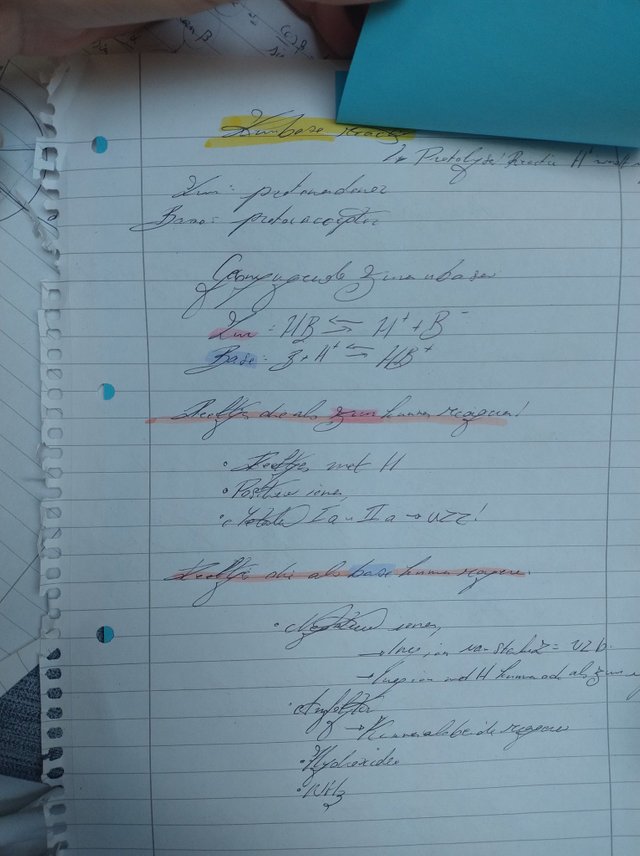Examination Is Not the True Determinant of Knowledge
A personal take inspired by real complaints and silent struggles of many students
Hello beautiful people, We often hear that exams are the true test of knowledge, but in reality, that’s far from the truth. Examination, especially the way it's conducted in many parts of the world, does not always reflect how much a person truly knows or understands. It tends to favor speed, memory, and handwriting over actual comprehension and practical intelligence.
There are students who are incredibly smart — they know their stuff, understand their subjects, and can explain things well in a conversation. But when it's time to write an exam, they struggle. Not because they don’t know the answers, but because they write slowly. By the time they’re just getting into the flow, time is already up. Their results then suggest they’re not good enough, when in truth, their only flaw was the inability to beat the clock.
Then there are those who cheat the system — literally. Through malpractice, some students find ways to smuggle in answers, copy from others, or use illegal materials to pass. They don’t necessarily know the subject, but they walk away with better grades than others who genuinely studied hard. And society judges success based on those results.
 a student involving in malpractice by copying from his seatmate
a student involving in malpractice by copying from his seatmate
Also consider students who are knowledgeable but have poor handwriting. They write down the correct answers, but their handwriting is difficult to read. Examiners, under pressure to mark hundreds of scripts quickly, may not take time to decipher unclear writing — and as a result, these students are unfairly graded lower.
All of these examples are still based on written examinations. But knowledge isn’t always something you write. In oral or verbal exams, some students know exactly what to say but freeze when they face a crowd or a panel. Stage fright kicks in, and everything they’ve read seems to disappear from memory. Others may have speech challenges like stammering, which make them unable to communicate all they know within the short time given.
 a student with stage fright looking down while speaking
a student with stage fright looking down while speaking
In the end, it becomes clear that examination doesn’t always tell the full story. It doesn't reflect creativity, emotional intelligence, communication skills, or even the ability to apply knowledge in the real world. It's just a single way — and often a flawed one — of measuring what a person knows.
Maybe it's time for us to reimagine what assessment really means. Until we develop systems that evaluate students based on various strengths and real-world applications, many brilliant minds will continue to be overlooked, and many undeserving results will continue to dominate the space.
What do you think? Should exams still be the number one way to test knowledge? Let me know in the comments!


Upvoted! Thank you for supporting witness @jswit.
@tipu curate
;) Holisss...
--
This is a manual curation from the @tipU Curation Project.
Upvoted 👌 (Mana: 2/9) Get profit votes with @tipU :)